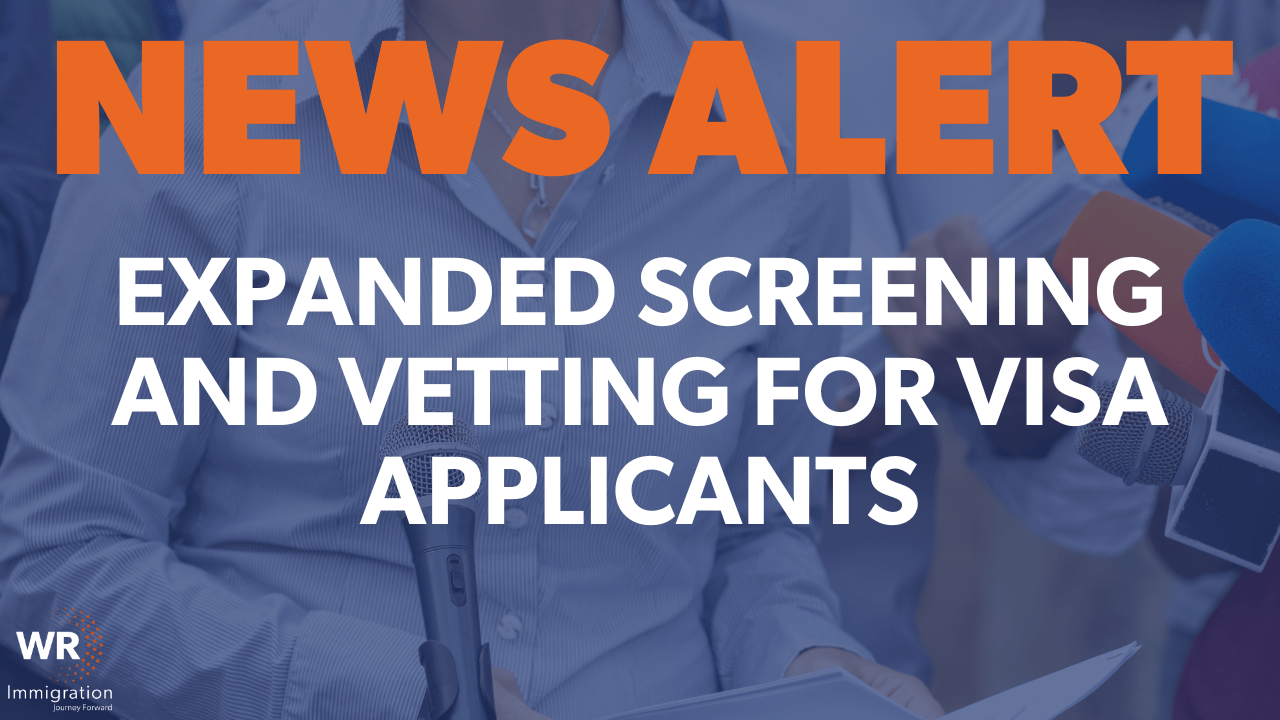The U.S. government has expanded social media screening in visa processing. As of June 18, 2025, the State Department now requires F-1, M-1, and J-1 visa applicants to set their social media profiles to “public.”
This builds on policies introduced under the first Trump administration. In 2017, the Department of Homeland Security began storing social media identifiers in immigration files. In 2019, the DS-160 form was updated to collect applicants’ social media handles from the past five years. Until now, enforcement was inconsistent and did not require public access.
The new policy marks a shift. Consular officers are now expected to review social media accounts for signs of fraud, terrorism, antisemitism, or hostility toward the U.S. Applicants with past visa issues, such as SEVIS terminations or protest participation, will face mandatory social media vetting. Officers must also document findings with screenshots and notes.
According to NAFSA, consulates paused student visa scheduling in late May 2025 until formal instructions were issued. Interviews have since resumed, though processing times may increase due to the added review requirements.
What applicants should know:
- Review your social media content and consider removing or making private any material that could raise concerns.
- Decide whether to make your account public. While not legally required, refusal may lead to delays or denials if a consular officer views it negatively.
Advocacy organizations like NAFSA and the Knight First Amendment Institute have raised concerns that these policies may suppress lawful expression. However, courts have generally upheld the government’s broad authority over visa issuance, particularly for individuals outside U.S. borders.
Employers should proceed with caution. Many states prohibit employers from requesting access to private social media accounts or requiring changes to account settings.
WR Immigration is a full-service immigration law firm recognized globally for its industry-leading legal strategies, technology-driven solutions, and unmatched client service. We support international students, global employers, and institutions navigating the complexities of U.S. immigration.
If you have questions or need guidance on how these changes may impact you or your organization, contact us.


